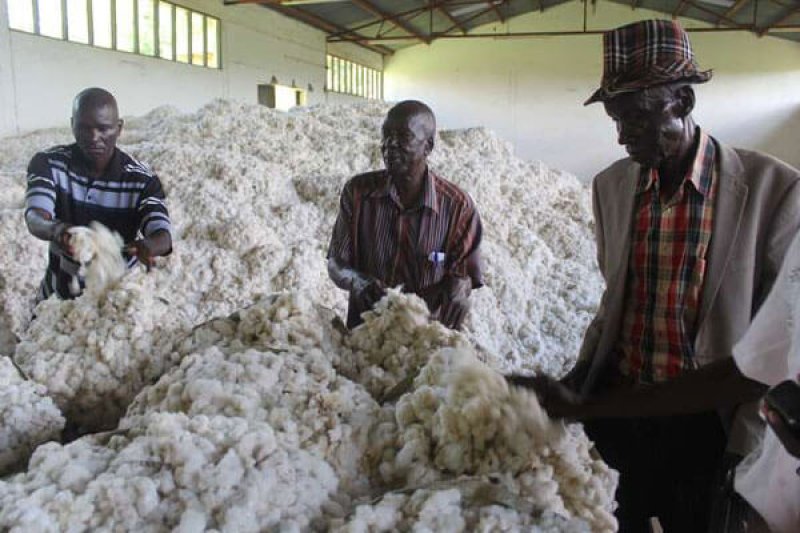Cotton breeders face a “Catch-22.” Yield from cotton crops is inversely related to fiber quality. In general, as yield improves, fiber quality decreases, and vice-versa. “This is one of the most significant challenges for cotton breeders,” says Peng Chee, a researcher at the University of Georgia.
To overcome the yield vs quality challenge, Chee and colleagues turned to obsolete cultivars—or strains—of cotton with ‘exotic’ genetic material. In a new study, they report findings that could help breeders improve cotton fiber quality while maintaining or even improving yield.
…
Chee and colleagues generated genetic ‘maps’ of two Sealand [cotton] cultivars. They found that the superior fiber quality of Sealand cotton were in part due to genes inherited from the Sea Island cotton. Fiber length, for example, is one aspect of cotton fiber quality ….
…
“These detailed genetic dissections help us better understand interspecies hybridization,” says Chee. “Now that we know which part of the genome controls fiber quality, we can now develop tools to select for these traits. We can also select desirable combinations of genes to improve multiple fiber quality traits.”
Read full, original article: ‘Exotic’ genes may improve cotton yield and quality































